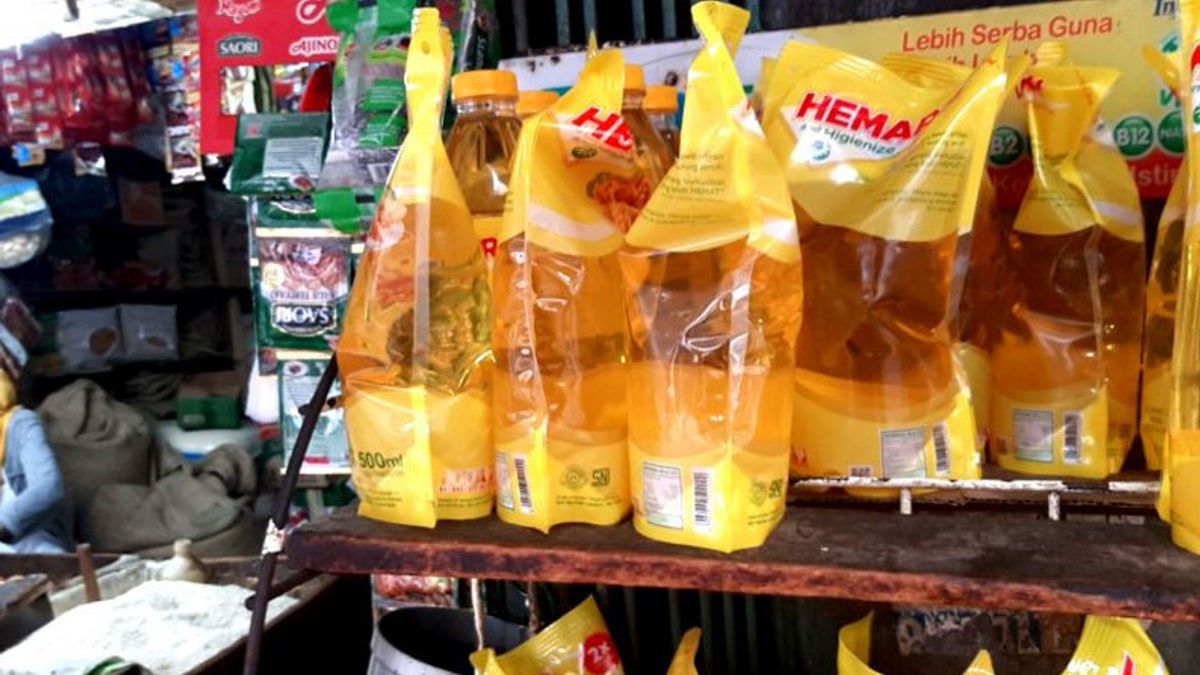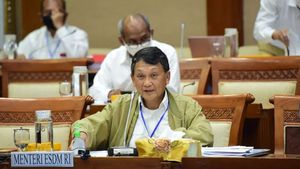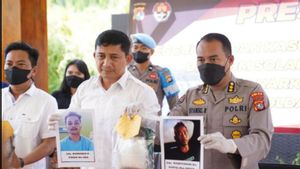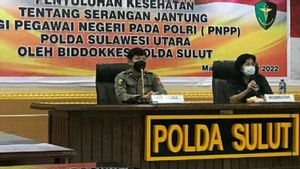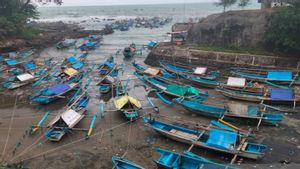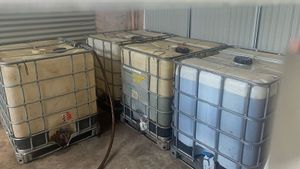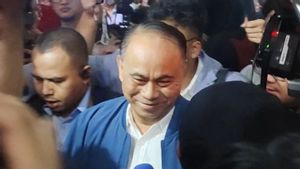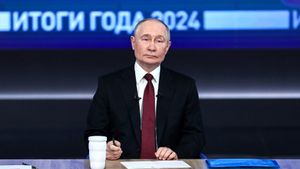DEPOK - Academician from the Department of Political Science, Faculty of Social and Political Sciences, University of Indonesia (FISIP UI) Meidi Kosandi, Ph.D. assessing that the Government faces a dilemma between the market and society to make the right policies related to the cooking oil crisis in Indonesia.
"In the context of the market, the policy is not seen from buying and selling behavior, but from constituent actors, namely the people who play an important role," Meidi said in a statement, Thursday, April 21.
This was said by Meidi Kosandi in the webinar "Strategies for Resolving the Cooking Oil Crisis in Indonesia".
According to him, the government must realize that no economic and political policy can satisfy all parties.
Each group tries to get the maximum economic benefit with the smallest effort.
Therefore, in every economic and political policy, there are always those who gain and lose, he said again.
He also stated that the state faces a dilemma because in developing the palm oil industry, the state is faced with various issues, such as the environment, forest land conversion, and the issue of taking sides with the community.
In implementing policies, there is a tendency to dominate the paradigm of power.
SEE ALSO:
Several narratives also emerged regarding the increase in cooking oil prices, for example, the narrative of dependence on domestic consumption of cooking oil, so that changes in people's behavior are needed and the narrative of hoarding cooking oil.
"Narrations like this may be true, but in practice all problems related to supply are often linked to other issues, for example, politics," he said, quoted by Antara.
He said there are several policy options that can be applied regarding the problem of rising cooking oil prices.
The government can build a sustainable palm oil industry, by involving the community in state policies, he said.
From a regulatory perspective, the government must make arrangements for prioritizing domestic market supply and apply domestic trade incentives.
Meanwhile, regarding distribution, the domestic market must be protected and supervision of the domestic market and international trade must be tightened.
"Policies must also be redistributive. This means that palm oil product revenues are used for the environment, industry, and the domestic market," he said.
He said that the issue of the cooking oil cartel seemed to be justified by the Minister of Trade of the Republic of Indonesia Muhammad Lutfi, in front of members of the Indonesian House of Representatives (DPR).
With the ministry's limited authority, Lutfi mentioned the existence of a cooking oil mafia that takes personal gain, so that various government policies are blunted in the market.
"This mafia or cartel can be done through three things, namely price, production, and marketing area," said Meidi.
The English, Chinese, Japanese, Arabic, and French versions are automatically generated by the AI. So there may still be inaccuracies in translating, please always see Indonesian as our main language. (system supported by DigitalSiber.id)
